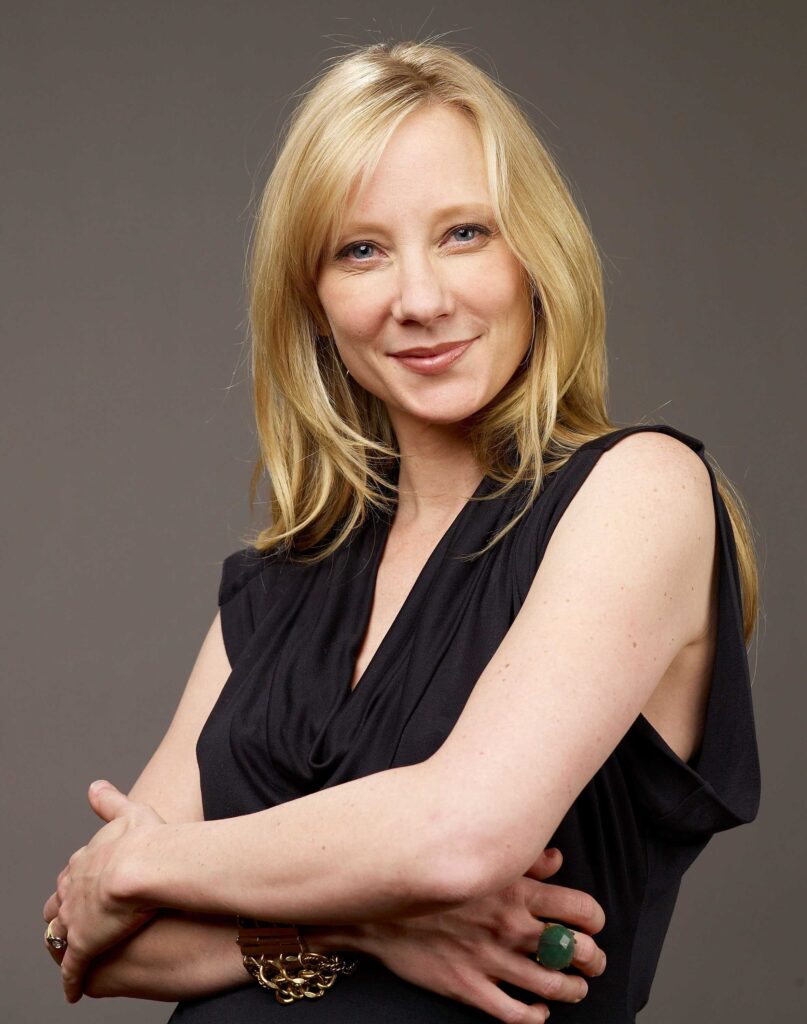Lessons from the Estate of Anne Heche: Trust Planning can Help

Anne Heche succumbed to her injuries and died on August 11th. Today, it was reported that there have been papers filed to move her estate forward. It would appear she did not have a Last Will, which means she has died intestate, and the Laws of California (her place of residence, and where she passed away) will control what happens with the estate.
As an Estate Planning attorney, I work with families to make really difficult times a little easier. The best way to help people prepare is to glean lessons from other people. So here are three lessons that can be learned from what we know about Anne Heche’s estate:
1. Anne Heche was 53 years old when she passed and did not have a Last Will or a Trust in place. This is a common issue. People think they are too young to have an estate plan. But we don’t know when we will need to use our plan. The best thing is to have your estate plan put in place now, and then review it every three to five years. Last Wills and Revocable Trusts can be amended to capture changes in your life or in the law. But you will have the peace of mind knowing that if something happens before you expect, your family has the plan to navigate the process. Trust Planning would make sure the family is not going through court, and the records made public.
2. By not formally planning her estate, Anne Heche left large risks in what was going to happen to her estate. As for the money and assets, the risk is that less will end up with her two sons. Not ideal, but money is replaceable. The bigger issue is that her younger son is only 13 years old; a minor. Who will be his guardian? Without a Last Will, Anne Heche has no say in that outcome, and this could have a tremendous impact on his life beyond simply the loss of his mother. A Last Will is where you can nominate who you would want to be the guardian of your minor children. This helps ensure your children are raised by the people you trust the most.
3. Anne Heche’s 20 year old son is looking to become the Personal Representative of the estate. In Indiana, the executor is referred to as the Personal Representative. From the statements I have read, he seems to be a mature and responsible 20 year old. I hope that is the case, as the probate process can be daunting. With a formal estate plan, using a Last Will or Revocable Trust, Anne Heche would have been able to select exactly who she trusted to fill that very important role. Trust planning allows you to select the trustee. The trustee then would have the authority to handle the estate without the need to go to court.
This is the beginning of the process for Anne Heche’s estate. I am sure there will be other lessons to be learned as time moves forward. But for now, we can take these three lessons and apply them to our lives and estate planning: 1) Have your Last Will or Revocable Trust put in place; 2) Nominate guardians of your minor children in your Last Will; and 3) Select a trusted person to manage and run your estate when you pass away.
Planning all starts with talking with an experienced estate planning attorney. Call us today to schedule your free consultation.
